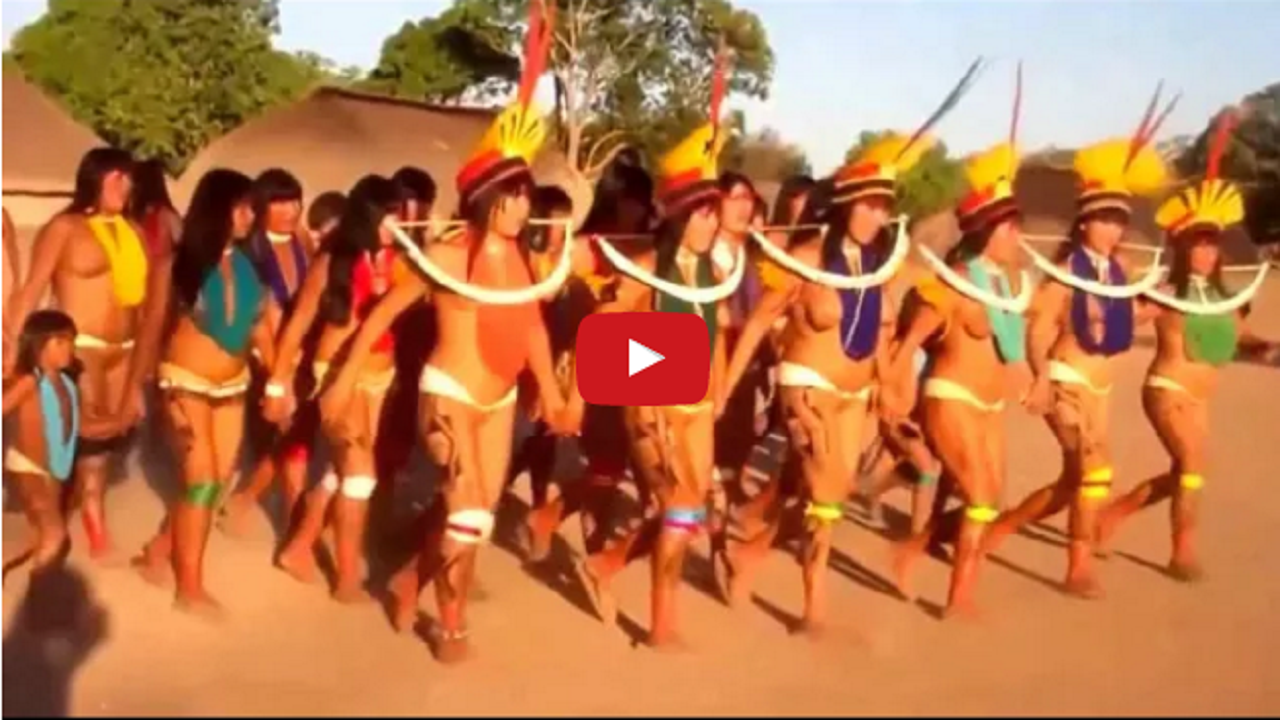In the post-colonial period, the concept of specific indigenous peoples within the African continent has gained wider acceptance, although not without controversy. The highly diverse and numerous ethnic groups that comprise most modern, independent African states contain within them various peoples whose situation, cultures and pastoralist or hunter-gatherer lifestyles are generally marginalized and set apart from the dominant political and economic structures of the nation. Since the late 20th century these peoples have increasingly sought recognition of their rights as distinct indigenous peoples, in both national and international contexts.
YOU MAY LIKE THIS VIDEO, PLEASE ENJOY WATCHING.
Given the extensive and complicated history of human migration within Africa, being the "first peoples in a land" is not a necessary precondition for acceptance as an indigenous people. Rather, indigenous identity relates more to a set of characteristics and practices than priority of arrival. For example, several populations of nomadic peoples such as the Tuareg of the Sahara and Sahel regions now inhabit areas where they arrived comparatively recently; their claim to indigenous status (endorsed by the African Commission on Human and Peoples' Rights) is based on their marginalization as nomadic peoples in states and territories dominated by sedentary agricultural peoples.










